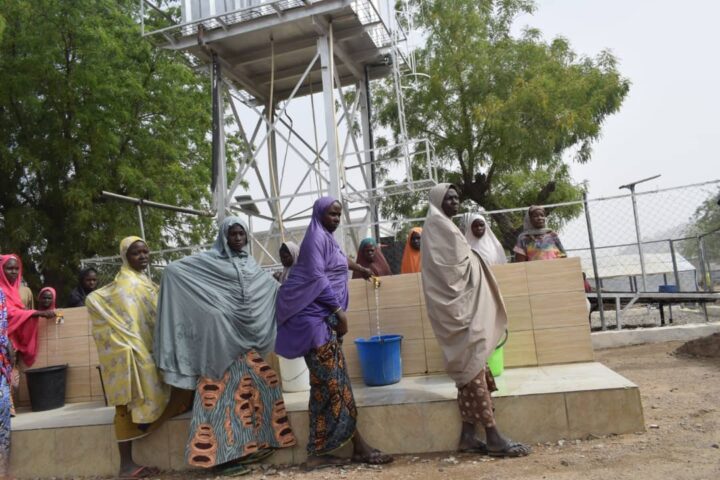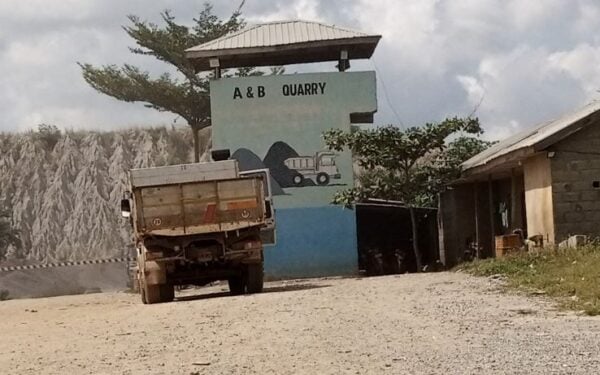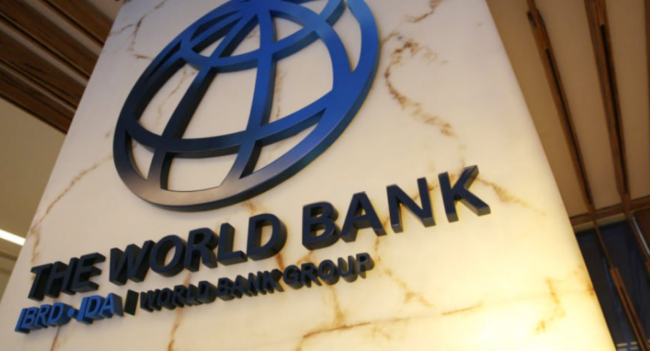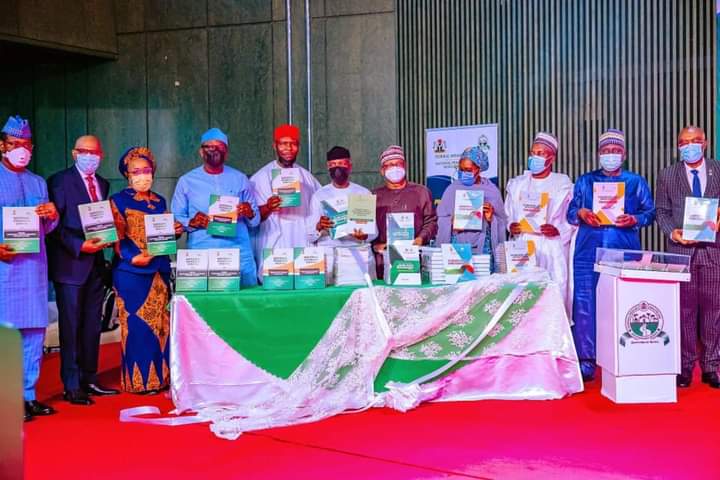Eni, an Italian oil and gas company, says it has inaugurated eleven water schemes in Borno and Yobe states in partnership with Food and Agriculture Organisation (FAO).
In a statement on Wednesday, the company said the project was launched through its subsidiaries Nigerian Agip Exploration (NAE) and Agip Energy & Natural Resources (AENR).
According to the statement, the integrated water schemes — comprising boreholes, solar power systems, treatment facilities and fetching points — would provide water for domestic consumption and irrigation purposes.
“They were constructed under the framework of the Access to Water initiative implemented by FAO and Eni, in collaboration with Eni’s partner, the Nigerian National Petroleum Corporation (NNPC),” the report reads.
Advertisement
“This public-private partnership leverages the skills and know-how of the public and private sectors to improve access to water for the communities affected by the humanitarian crisis in the north-east.”
Fred Kafeero, the FAO country representative in Nigeria and to the Economic Community of West African States (ECOWAS), emphasised the importance of the eleven facilities, saying it would address the needs of the northeastern states.
“The solar boreholes and FAO’s larger investment in irrigation and water management is a signal of our commitment to support the government of Nigeria achieve its development goals,” Kafeero said.
Advertisement
“In the north-east, the availability of safe drinking water and water for agriculture is central to growth and livelihood recovery.”
Alberto Piatti, Eni’s head of sustainable development, said: “The handover of the water schemes is a cornerstone in the collaboration with FAO in the region that is contributing to improve the life of the communities.”
“With the completion of the project, thousands of people will have access to clean water, which is a concrete step to enhance the overall living conditions of the inhabitants, providing them a safe source also for other uses, such as agriculture, to boost concrete social development.”
Advertisement
Add a comment






